Access to clean water is a basic human right for all
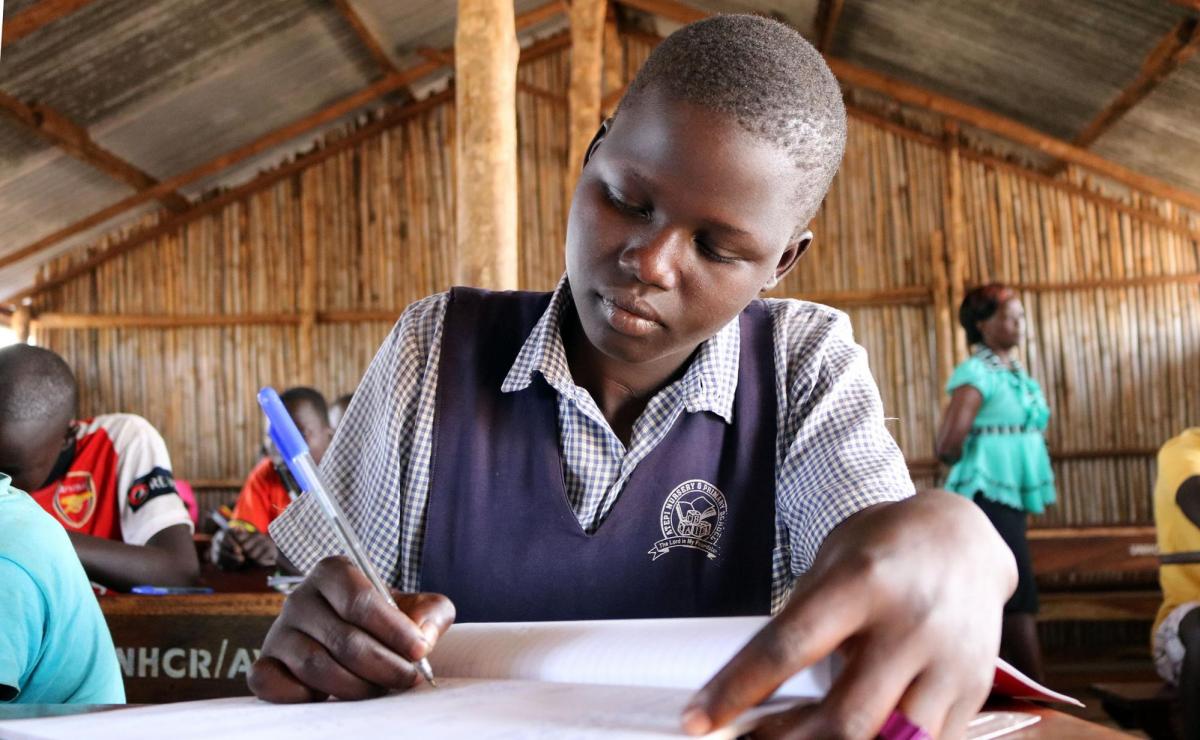
264 million children don’t go to school. This is according to a 2017 report from The United Nations the Educational, Scientific and Cultural Organization(UNESCO). Majority of these children are from rural areas around the world. Reasons that keep children out of school differ depending on the kind of families and communities they come from; gender gaps, poverty and limited access to clean water are some of them.
Florence Butabala, a mother of four in Rwencwera village, Rwamwanja settlement narrates that her children nearly dropped out of school after repeating classes several times due to bad grades. She attributes this to longs hours they spent at a water point.
Since there was no water point in their vicinity, Butabala’s children would trek 5 kilometres to a well in Rwecwera’s neighbouring sub county, Bwizi to get a drop in the bucket. “They would sometimes miss school, and regularly be late for classes.” When her children attended school, they would be tired and frazzled that they could hardly understand anything.
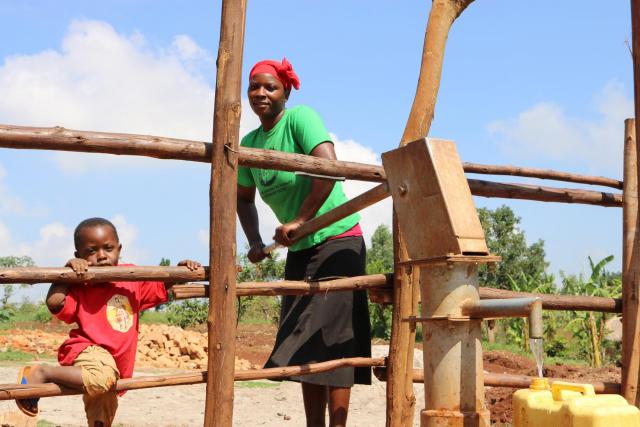
This became history from December, 2017 when the Lutheran World Federation (LWF) with funds from the Bureau of Population, Refugees, and Migration (PRM) drilled a borehole in Rwecwera village to extend clean water to its populaces. “My children’s performance at school has greatly improved because they never miss class and are never late for any.” Says Butabala.
This followed an assessment conducted by OPM, District and LWF’s WASH offices to identify sub counties with limited access to clean water in Rwamwanja.
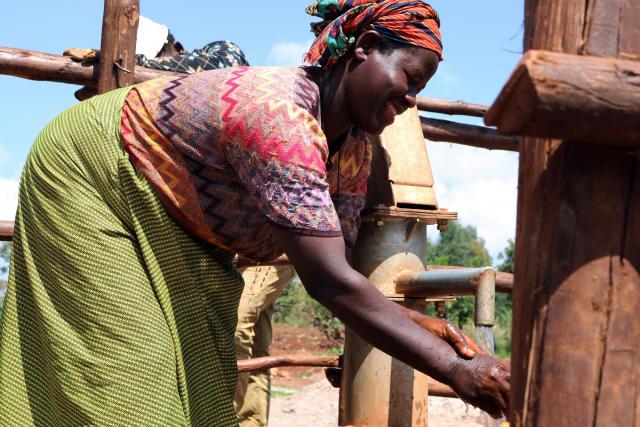
Clean water for healthy and peaceful homes
Beatrice Kamugisha’s household is one of the 53 accessing clean water from the borehole installed by LWF in Rwecwera. She says her family gets enough for drinking, cooking and cleaning. “My family is rarely affected by waterborne diseases since we no longer use water from the contaminated well we shared with animals.”
A concerned mother, Butabala adds that the people in the community don’t have to worry about their children’s safety while at the well in Bwizi sub county where they used to fetch water before acquiring a borehole. “It was very shallow and open that it once claimed a child’s life.”
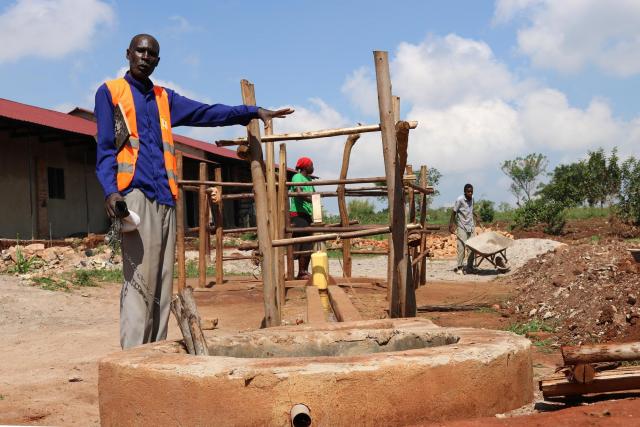
Aaron Bwantoryo also a borehole/water user says that their homes have become more peaceful than before. He describes that fights that resulted from long hours women and girls would spend at water points are no more. “Our children get enough time to attend to their education while our wives engage in constructive work at home and work.”
LWF’s Water Engineer, Isaac Twijukye explains that access to clean water is a basic human right for all which LWF upholds by drilling boreholes in targeted communities. “By extending clean water to communities, LWF also aims at improving sanitation and hygiene among the targeted populaces.”
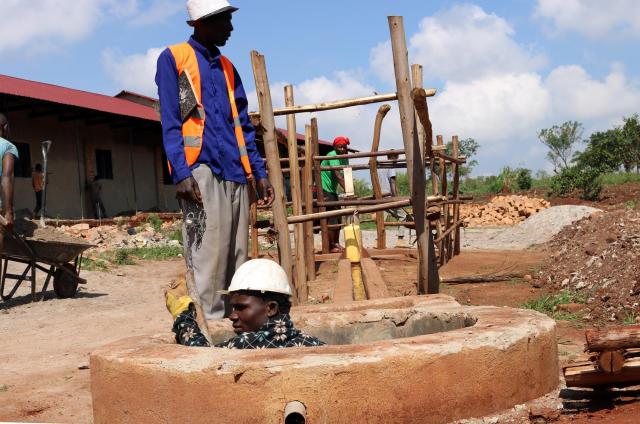
A Water User Committee to maintain the borehole
To maintain the borehole and access water from it for decades, Rwecwera’s populaces established a Water User Committee (WUC) of nine elected members. Trained by LWF’s WASH team in borehole operation and maintenance, the WUC was tasked by the community to maintain the borehole and supervise water users at the water point to prevent careless damages.
“We clean the water point twice a day and dig away weeds whenever they grow.” Bwantoryo the WUC Chairperson. He continues to say that they fenced the borehole/water point to prevent animals and children from accessing as well as contaminating it.
The Committee also constructed a metre-deep pit where unused water from the borehole is channelled and fetched by people to irrigate gardens, feed animals and to use in construction work. “We also collect a borehole maintenance fee of UGX 2,000 from each household every month to cover bills for borehole repairs.” Adds Bwantoryo.
LWF appreciates PRM’s supports towards its WASH activities in Rwamwanja settlement.

